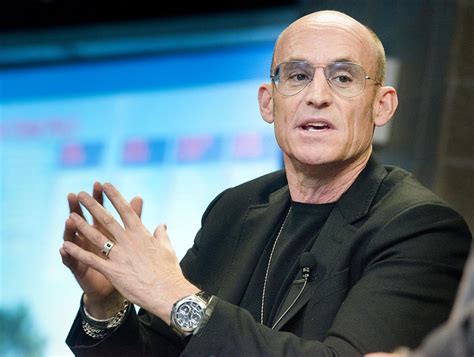A Quote by Ivanka Trump
There was a previous generation of women who rose through the ranks in an environment when work and life were highly compartmentalized. And I think now, because of technology, we're always on. Where there used to be work life and home life, now it's one life. And I think a lot of companies don't recognize that.
Related Quotes
I have received so many letters, messages, emails, testimonies of women whom I meet in international conferences, wherever it may be, who tell me, 'It's great that you have balanced life and work so successfully.' I now think I have underestimated that, the 'role model' aspect of my life, I must say.
Men ruled the roost and women played a subservient role [in the 1960s]. Working wives were a rarity, because their place was in the home, bringing up the kids. The women who did work were treated as second-class citizens because it was a male-dominated society. That was a fact of life then. But it wouldn't be tolerated today, and that's quite right in my book... people look back on those days through a thick veil of nostalgia, but life was hard if you were anything other than a rich, powerful, white male.
I think that a lot of women get out of the business because it's so not family-friendly. And so women that could be in there making good women-roles don't do it, 'cause they're smart and get out. But I think there is a consequence to that. I think us gals need to stay in and just change the way it works, so men aren't being workaholics and avoiding life and relationships, and they can make films in a reasonable amount of time, so you can have a family and a life outside of work. And have more balanced, content-driven, enjoyable movies.



































